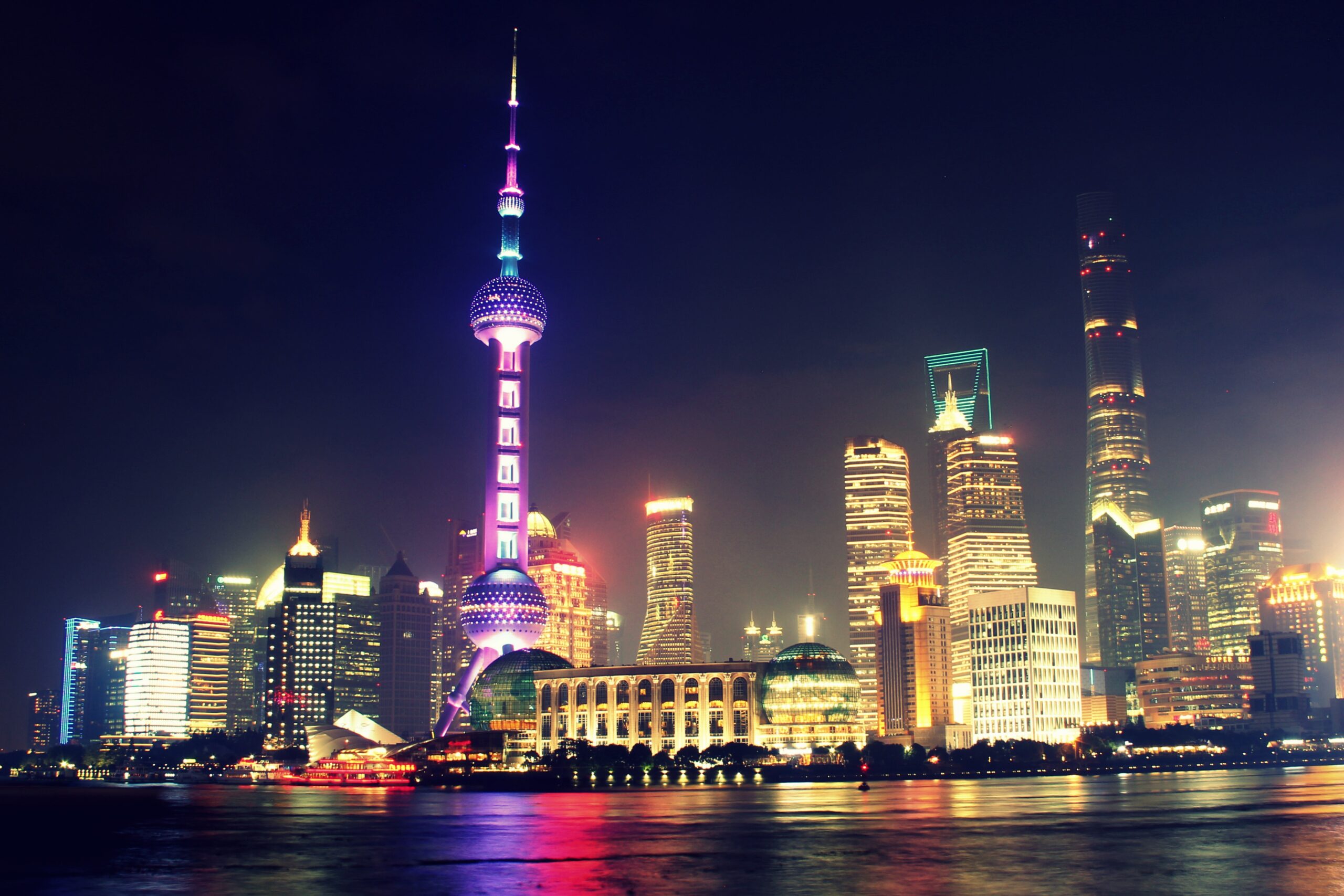New Zealand’s Prime Minister Chris Hipkins embarked on a dynamic and significant six-day visit to China, aimed at strengthening diplomatic ties and bolstering bilateral cooperation between the two nations. This visit held great significance for both countries, as it involved a series of crucial meetings and discussions.
During his stay, Prime Minister Chris Hipkins expressed New Zealand’s firm commitment to maintaining a strong relationship with China, which happened to be the country’s largest economic partner. However, he also made it clear that New Zealand would not shy away from voicing disagreements with Beijing when it came to issues that directly challenged New Zealand’s national interests.
Prime Minister Hipkins emphasized the importance of New Zealand asserting its own priorities and standing firm on matters that impacted the nation’s sovereignty and overall well-being. While recognizing the significance of engagement and cooperation, he emphasized that New Zealand would not compromise on its core values.
By maintaining open lines of communication and simultaneously safeguarding its fundamental principles, New Zealand aimed to strike a delicate balance between preserving its valuable relationship with China and safeguarding its own interests. This approach ensured that New Zealand could continue to engage with its largest trading partner while assertively protecting its national concerns.
Meeting with Chinese Leaders
During his visit, Prime Minister Hipkins met with high-ranking Chinese leaders, including President Xi Jinping and Premier Li Keqiang. These meetings provided an opportunity for both parties to engage in constructive dialogue on various bilateral issues, such as trade, investment, and regional cooperation.
Trade and Economic Cooperation
Trade and economic cooperation between New Zealand and China had been instrumental in fostering mutual growth and prosperity. Hipkins’ visit sought to further deepen these ties and explore avenues for expanded trade. Both countries had a strong interest in fostering economic cooperation, and discussions focused on areas of mutual benefit and shared interests.
Cultural Exchange and People-to-People Connections
Prime Minister Hipkins’ tour intended to encourage cultural exchange and people-to-people linkages between New Zealand and China, in addition to political and economic discussions. Cultural relations could lead to increased understanding and friendship between the peoples of both countries. This tour provided a great opportunity to highlight New Zealand’s rich cultural legacy and unique traditions, building a deeper appreciation and link between the two countries.
Enhancing Educational Collaboration
Education had long been an area of cooperation between New Zealand and China. Hipkins emphasized the importance of enhancing educational collaboration during his visit. This involved discussions on academic exchanges, joint research programs, and student mobility initiatives, further strengthening the educational ties between the two nations.
Addressing Global Challenges
Prime Minister’s visit to China also presented an opportunity to address pressing global challenges, such as climate change and pandemic response. As both countries had shown commitment to tackling these issues, discussions revolved around sharing best practices, exploring avenues for collaboration, and aligning efforts to ensure a sustainable and resilient future for all.
New Zealand’s Prime Minister Chris Hipkins’ six-day visit to China held immense potential in strengthening the bond between New Zealand and China. Through high-level meetings, discussions on trade and economic cooperation, cultural exchanges, educational collaboration, and joint efforts to address global challenges, the visit aimed to enhance bilateral relations and pave the way for a prosperous and harmonious future between the two nations.















